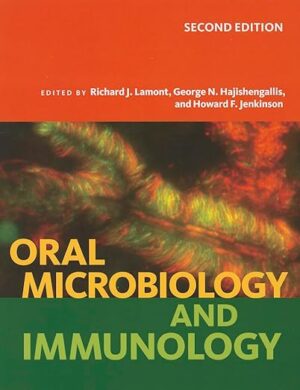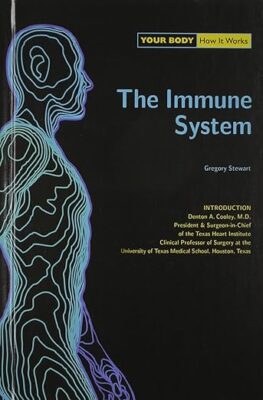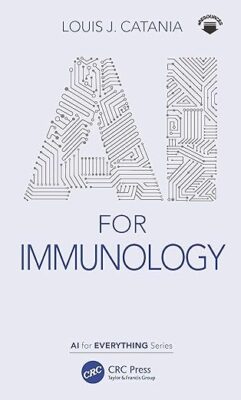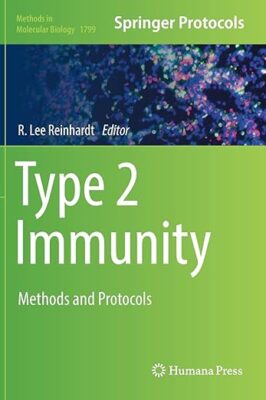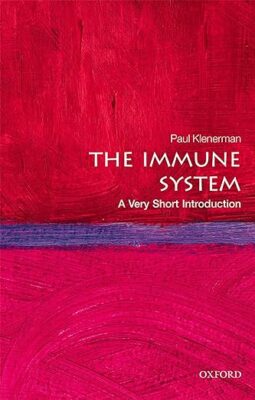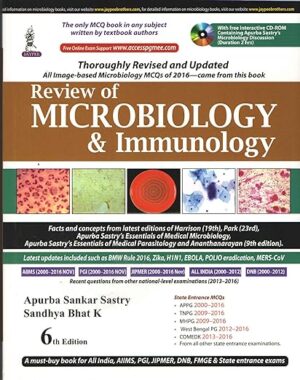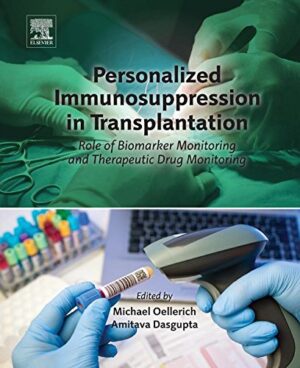Behavior and Immunity (Routledge Revivals) 1st Edition
First publishe din 1992: Find out by reading Behavior and Immunity, a new volume that consists of papers presented at the Scientific Meeting of the Australian Behavioral Immunology Group (ABIG) held in November, 1990, at the University of Newcastle, Australia. The ABIG was established in response to the need to provide a forum for the presentation of data and exchange of ideas regarding the concept of brain, behavior, and immunity. The papers presented in this volume represent the state of the art in a number of areas where these interactions have been studied. Information is presented regarding the biochemistry, neurophysiology, and endocrinology of nervous system/immune system interactions; the role of behavioral conditioning in immunity; the effects of sleep and biological rhythms on immune function; the role of lifestyle, life events, and exercise in immunity; and the impact of psychoimmunology in clinical medicine. Researchers in immunology, psychology, neurology; physicians; and lay people with an interest in the interaction between lifestyle and health will find a wealth of information in this stimulating volume.



